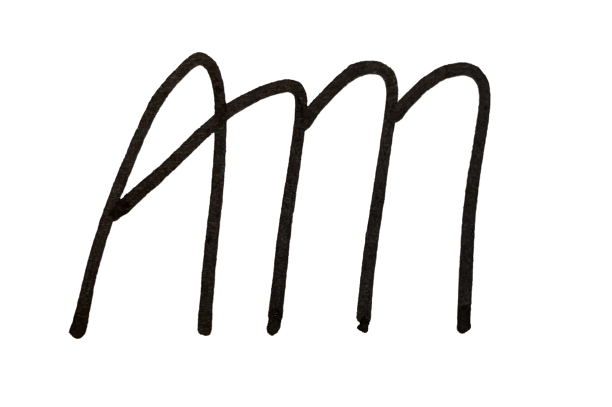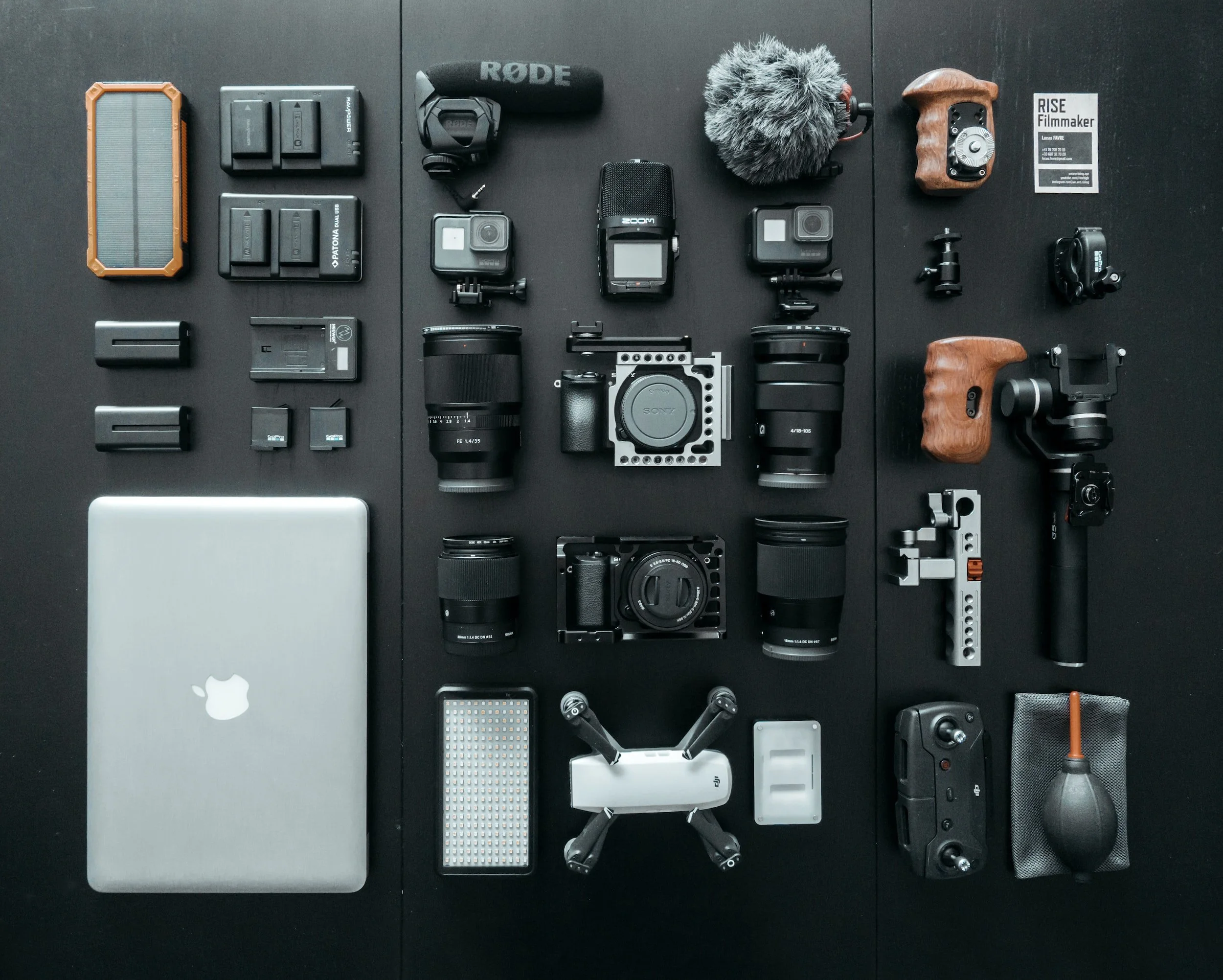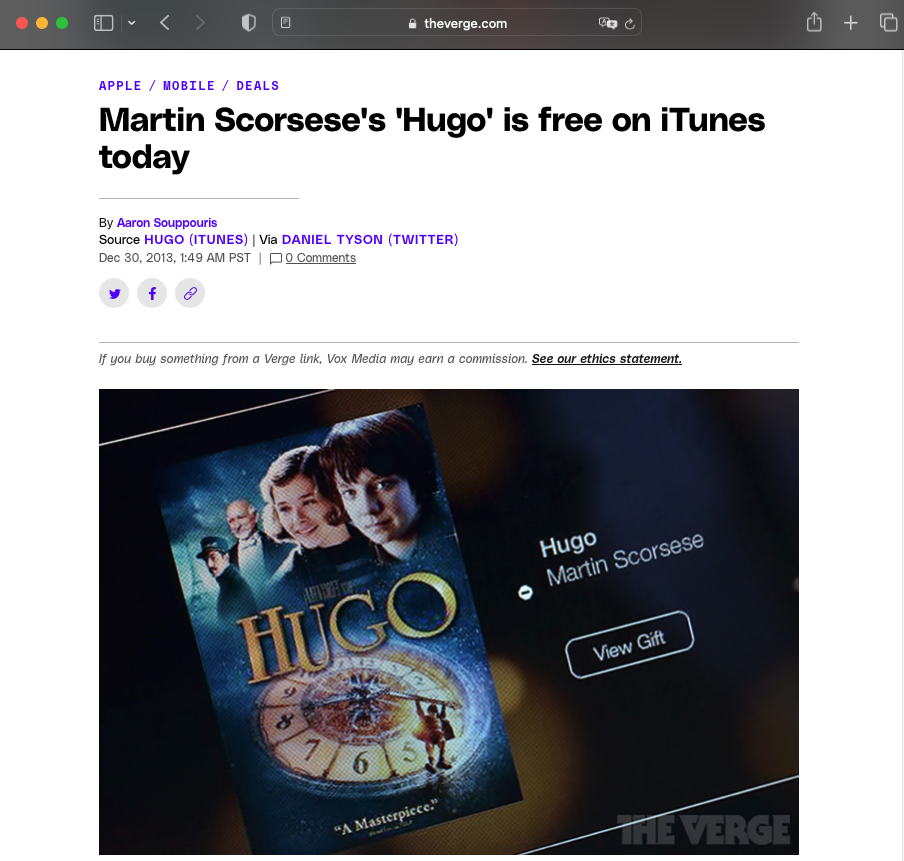A.M on Scorsese and pursuing Visual Literacy
Like a Scorsese movie, this blog will be long.
PART 1: TELL ME WHO MARTY IS
Marty is number 5 of 55 on StudioBinder’s list of top movie directors.
Born November 17, 1942, he is an American film director, producer, screenwriter and actor who emerged as one of the major figures of the New Hollywood era in American film history.
As a director, an auteur, his work spans decades.
I used to worship this man like a god as a teen.
I used to say to myself: I want to be for Indian-Americans what this guy was for Italian-Americans.
Representation is important, after all.
I identified with his characters in multiple ways.
I felt guilty.
I sought redemption for “sins.”
I was tempted by crime, and its potential payoffs.
In life I imitated the Scorsese tough guys: macho, nihilistic, tough.
Nintendo’s soft-hearted tough guys
In high school I set a goal to go to film school and watch movies and learn about the world around me through media.
Temple University gave me a full scholarship to do just that, and I got a minor in Digital Media Technologies while I was at it.
My dreams brought me to LA.
Sometimes I wake up on days like today, incredibly excited and full of thoughts, and I want to make a habit of sharing some of those thoughts with you in a helpful, insightful way.
Watch this and return to this post after seeing it.
Church, movie theater, church, movie theater, it is no surprise Marty wanted to be a priest and later, channeled his passion into film and television.
A working class family does not have money to go to theaters a lot, but live stage shows, yes, like the ones Charlie goes to in Mean Streets, to “Tell Me” by Rolling Stones.
Scorsese’s concept of visual literacy opens the mind how images and sounds in juxtaposition can make meaning not only in the world of the theater or living room, but also in the mind’s eye and mind’s ear.
The mind is like a deep ocean, and sometimes an image or sound in a movie causes a psychic response.
We see or hear a stimulus onscreen or in our headphones, and it causes us to dive deep within ourselves and emerge with something meaningful and precious.
A sunken treasure sometimes. Or just an ugly rock we toss back in the water.
But the director, writer, actor, creative team in general behind movies and TV, the same rules apply for audiovisual literacy.
Camera(s) and microphone(s) exists, in the smartphones we now have billions of, but also DSLR and traditional film cameras.
Camera, angles, visual grammar, tracking, tilting, intercutting, close up v medium shot v long shot, everything Scorsese talks about matters for drama or comedy.
Citizen Kane, Goodfellas, Documentaries, TikToks, Instagrams Stories, even blogs with links like mine, employ lessons he talks about here that are transferable to new digital media technologies as they emerge and humans use them to express themselves.
You may not be conscious of them, but they are there.
Scorsese mentions Leni Riefenstahl and her use of audiovisual literacy when making Nazi propoganda.
Fun fact, Walt Disney, the man, once had Leni come over a month after Kristallnacht.
Manohla Dargis writes for New York Times about it.
IN 1938, a month after the Nazi assault on German Jews known as Kristallnacht made headlines across the world, Walt Disney gave Hitler’s pet filmmaker, Leni Riefenstahl, a tour of his studio. He showed her some Mickey Mouse sketches, and she offered to show him “Olympia,” her cinematic slog through the 1936 Berlin Olympics. He turned her down because he was worried it would get out that he was playing host to a woman most of Hollywood shunned.
Yup, two visually literate people working for their governments, using the same tools, for war.
Motivating stuff, innit?
PART 2: TELL ME WHAT MARTY MEANS TO A.M.
Let’s start with this.
Despite receiving acclaim from critics, Hugo was a box office bomb grossing just $185 million against its estimated $150 million budget.
As a kid, this did not matter.
All that mattered was “FREE MOVIE.”
In December 2013, when my brother told me about this promotion, I rushed to the iTunes store to download this 2011 movie immediately on my treasured Apple devices.
In the 18 year run of the iTunes app, Apple doled out free downloads or cheap downloads multiple times, and played virtual Santa for screen addicted, media addicted kids and adults like me.
Hugo takes you, the audience, on a journey through cinema’s history.
Seeing it on iTunes Dec 13 caused me to remember hearing the voice of Quinn Shephard in my Arts High School class Feb 2012, when Hugo was getting nominated for many Oscars.
Her feature film Not Okay is now on Hulu, a Mandarin word for “holder of precious things,” founded by former Amazon exec Jason Kilar (now I know that, in 2012 at 15, I could not care less).
Her voice talking about Hugo still rings in my memory because she was someone I remember looking up to in that class.
Quinn was telling us abut auditioning for TV movies, her experience working on Hostages on CBS, and it was so exciting for a young brown kid like me in high school to hear her talk!
She was also talking to our teacher, Neal Bennett, about trying to get her movie Blame in production.
Quinn did eventually get Blame made, and it can now be streamed on Amazon Prime Video.
Marty is everywhere, like the 2012 Oscars, 30 Rock S4E4 "Audition Day", a hit or cult favorite movie every decade.
I, and generations of creatives before me, worshipped the living crap out of this man, and at a time may have desired and pictured getting a life like his.
It will never happen because the technology between 1942 and 2023 are signficantly different.
I do want to compare Scorsese to Shephard, though, because even though Quinn’s audiovisual and scripted work is not for me, I respect that she is out there making it for her audience.
She is managing creativity, finances, and I look forward to seeing how her career grows.
PART 3: Reader Takeaways by A.M.
Talking about Scorsese again, I admire how he managed creativity so well, so many artists, over decades. I rewatched Hugo again recently too.
His work is respected in America, India, Japan, all over the world.
His taste in film and media, his encyclopedic knowledge, passion, all are infectious.
Spike Lee certainly thought so. In an interview for GQ, like 4 minutes in, Spike talks about Scorsese, his mother taking him to see Mean Streets as his mother’s movie date, because his dad wouldn’t go with her.
Spike: After Hours screening, NYU, Scorsese screens it at NYU, and Spike in class walks up to Scorsese and tells him how he loved Mean Streets.
They also share my violent sense of humor, as Spike gleefully shares being in the editing room with Scorsese when Goodfellas was being cut by Scorsese and his longtime editor, Thelma Schoonmaker.
I saw Sisu yesterday at Alamo Drafthouse in LA, and I laughed at some of the gore in there.
Movie violence right? You could write lots of blogs about it.
Film (and tech) school never stops, reader.
Even today I am almot 27 years old searching and studying the masters I love in my chosen fields.
Because as Marcus Aurelius says in his compiled Meditations, “other men who love their own crafts wear themselves out in labours upon them, unwashed and unfed.”
If you love what you do, it does not feel like work, after all. Love your work!



